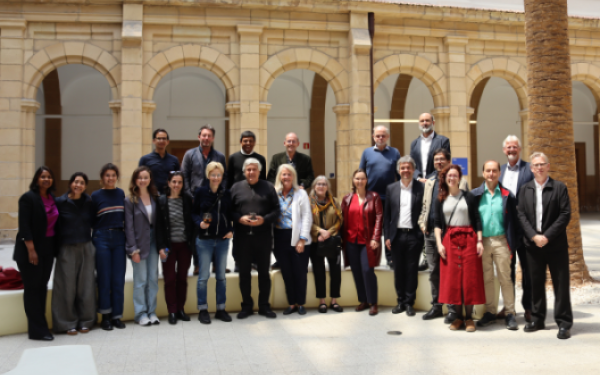Transitional Justice

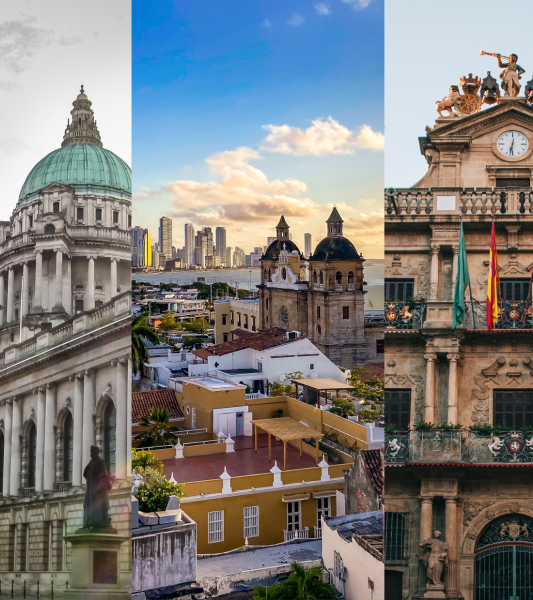
Post Agreement Reconciliation(s) in Changing Political Eras: Comparing Northern Ireland, Colombia, and Basque Country is an international research effort analyzing the factors that hinder or promote reconciliation.
In our analysis, peace processes in areas of persistent conflict also involves change at the level of social meanings, identities and relationships in ways that are profound and inevitable but cannot be specifically described, controlled, or predicted. Most peace plans fail to anticipate the depth or complexity of challenges, instead focusing on elite leadership concluding “once and for all” agreements. The relative absence of mechanisms for ensuring that ongoing change can be supported - and the absence of attention to devising vehicles, tools, instruments, mechanisms or plans to manage their potentially significant effects - represents a major implicit risk, even to the limited peace after political agreement.
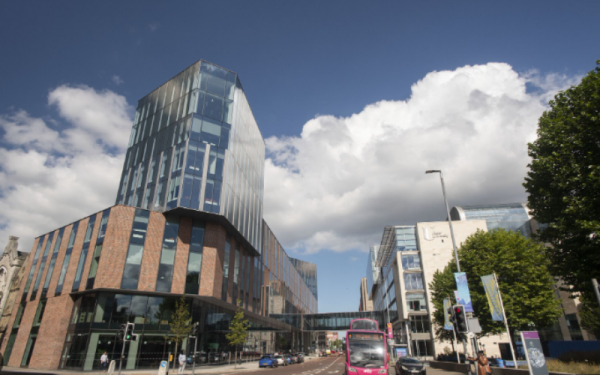
Post Agreement Reconciliations in Changing Political Eras Conference, Ulster University, 2023
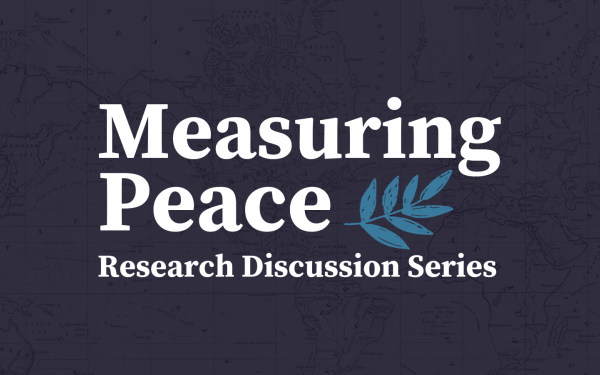
A presentation series that brought together researchers, practitioners, and policy specialists across disciplinary backgrounds to explore the diverse and myriad ways in which peace is defined and studied.

Post Agreement Reconciliations in Changing Political Eras Conference, Ulster University, 2023

A presentation series that brought together researchers, practitioners, and policy specialists across disciplinary backgrounds to explore the diverse and myriad ways in which peace is defined and studied.
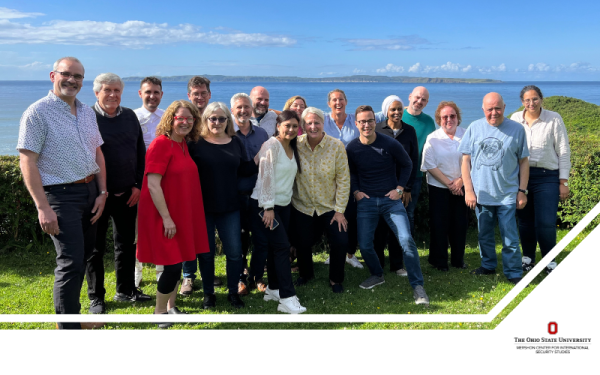
The Transitioning from Violence (TfV) international consortium catalyzed scholars, policymakers, and practitioners to support communities in transition.
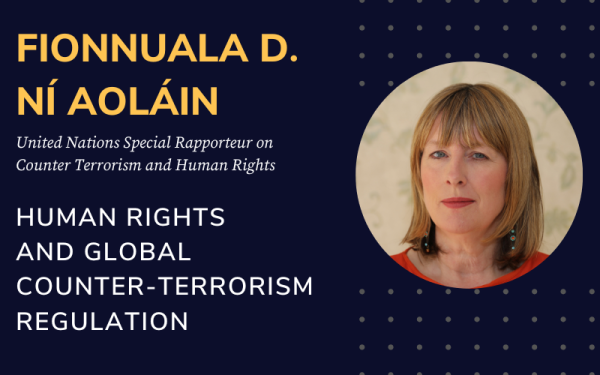
This webinar features a conversation with United Nations Special Rapporteur Fionnuala D. Ní Aoláin about the role of human rights protection in the context of global counter-terrorism regulation.
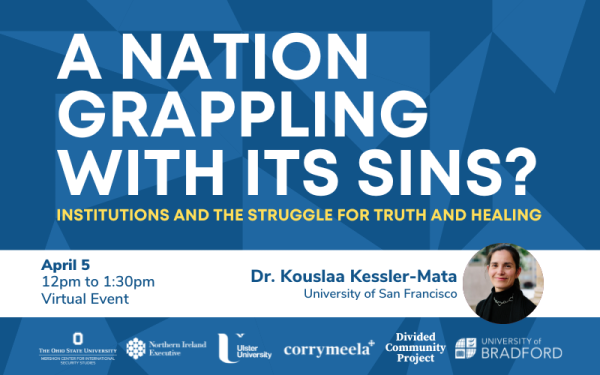
In this webinar, Dr. Kessler-Mata details the reconciliation and indigenous community efforts taking place in the United States.

The Transitioning from Violence (TfV) international consortium catalyzed scholars, policymakers, and practitioners to support communities in transition.

This webinar features a conversation with United Nations Special Rapporteur Fionnuala D. Ní Aoláin about the role of human rights protection in the context of global counter-terrorism regulation.

In this webinar, Dr. Kessler-Mata details the reconciliation and indigenous community efforts taking place in the United States.
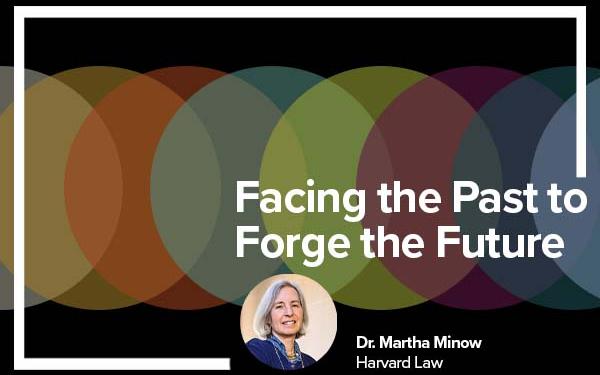
Harvard Law School professor Martha Minow identifies a tension that every society must confront in the aftermath of political violence and oppression: “too much memory and too much forgetting.”
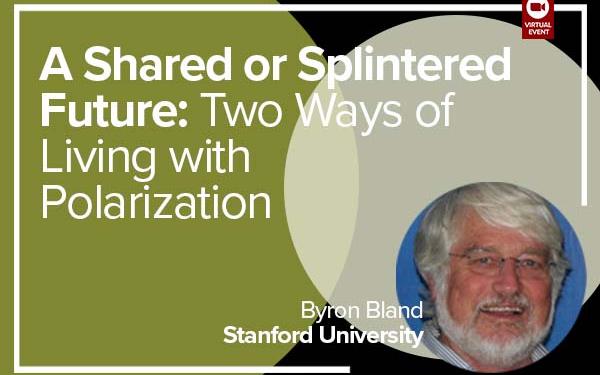
Stanford University professor Dr. Byron Bland discusses overcoming polarization, what sharing a future means, and how we get there.
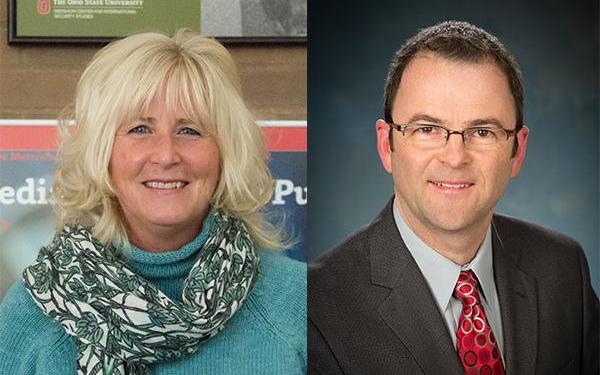
Mershon experts explore obstacles to social cohesion in the aftermath of violent conflict in this symposium.

Harvard Law School professor Martha Minow identifies a tension that every society must confront in the aftermath of political violence and oppression: “too much memory and too much forgetting.”

Stanford University professor Dr. Byron Bland discusses overcoming polarization, what sharing a future means, and how we get there.

Mershon experts explore obstacles to social cohesion in the aftermath of violent conflict in this symposium.
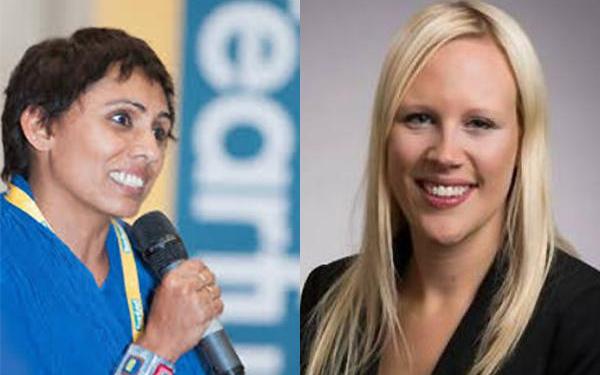
Teri Murphy interviews Hollie Nyseth Brehm and Veena O'Sullivan about building peace.

Teri Murphy interviews Hollie Nyseth Brehm and Veena O'Sullivan about building peace.

